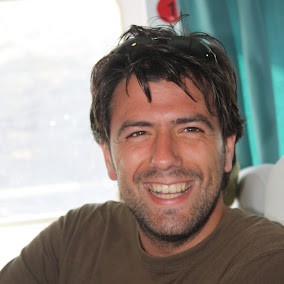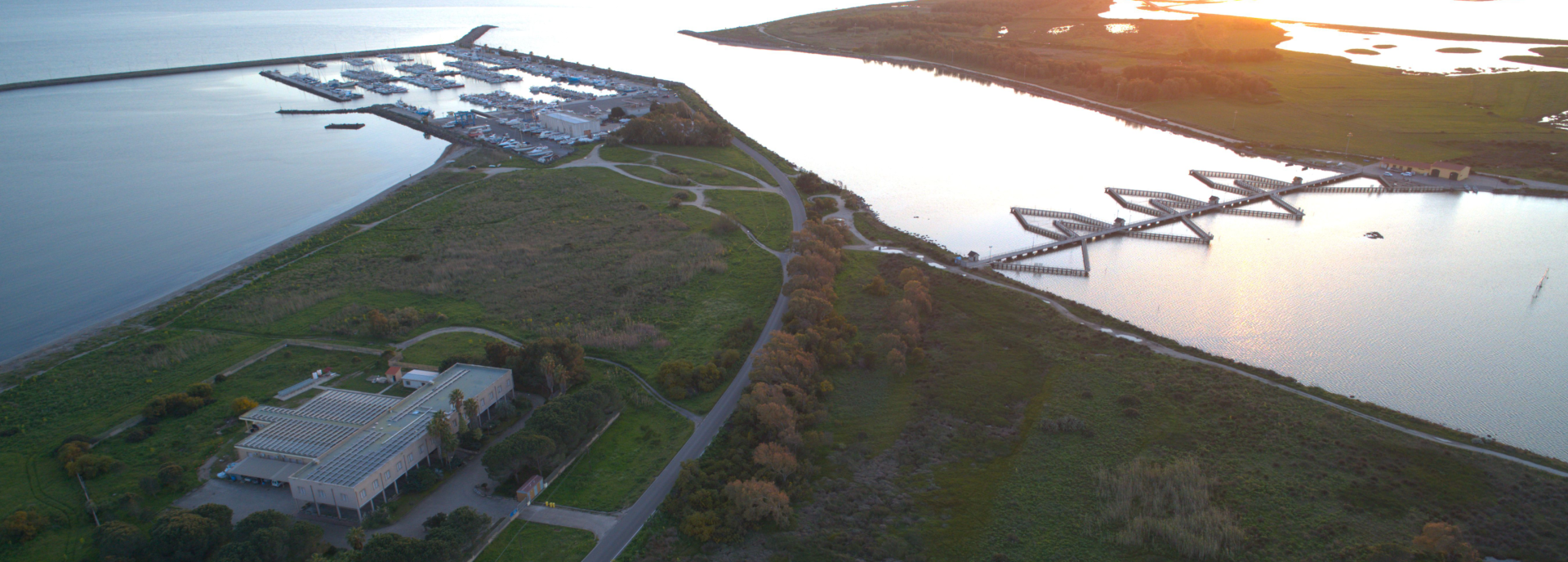
|
|
Giovanni Quattrocchi has graduated in Nautical Sciences with a specialization in Physical Oceanography. He attended the Doctoral School of Earth Sciences at the University of Naples “Federico II” and received the title of PhD in Marine Science and Engineering in 2011.
Since 2011 he has been working as a postdoctoral researcher for the Center National de la Recherche Scientifique (CNRS) in Toulouse, at the Mercator-Ocean laboratories. He worked, with the same duties, at the Euro-Mediterranean Center for Climate Change (CMCC). Since 2013 he has worked with a research fellow at the National Research Council (CNR) and since 2018 he is a Researcher, Lev. III, at the same institution.
He is currently working at the Institute for the study of Anthropogenic Impacts and Sustainability in the marine environment at the Oristano Unit. The research activity is aimed at the study of physical processes in oceanography, at basin and coastal scale, using numerical models (wave – sea current) and experimental setups (current meters, drifting buoys, wave meters, tide gauge).
His primary interest is the study of the interactions between marine organisms and the environmental features of their habitat, between past conditions and climate projections of the future, and the analysis of the impacts that oceanographic dynamics exert on distribution, movement and behaviour of these organisms, from the larval to the adult stage. The focus is on non-indigenous species, species of broad commercial interest (e.g. pink shrimp, sea urchin) and endangered or vulnerable species (e.g. sea turtles).
He is a member of the Oristano operative oceanography group with which he develops and applies sea forecasting systems for the assessment of hydrocarbons and pollutants dispersions at sea, the probability of their impact at coast and the evaluation of the consequent risk, in relation to the geomorphological characteristics and local vulnerabilities.
He has been elected as a member of the collective body representing all workers of the CNR (Rappresentante Sindacale).




